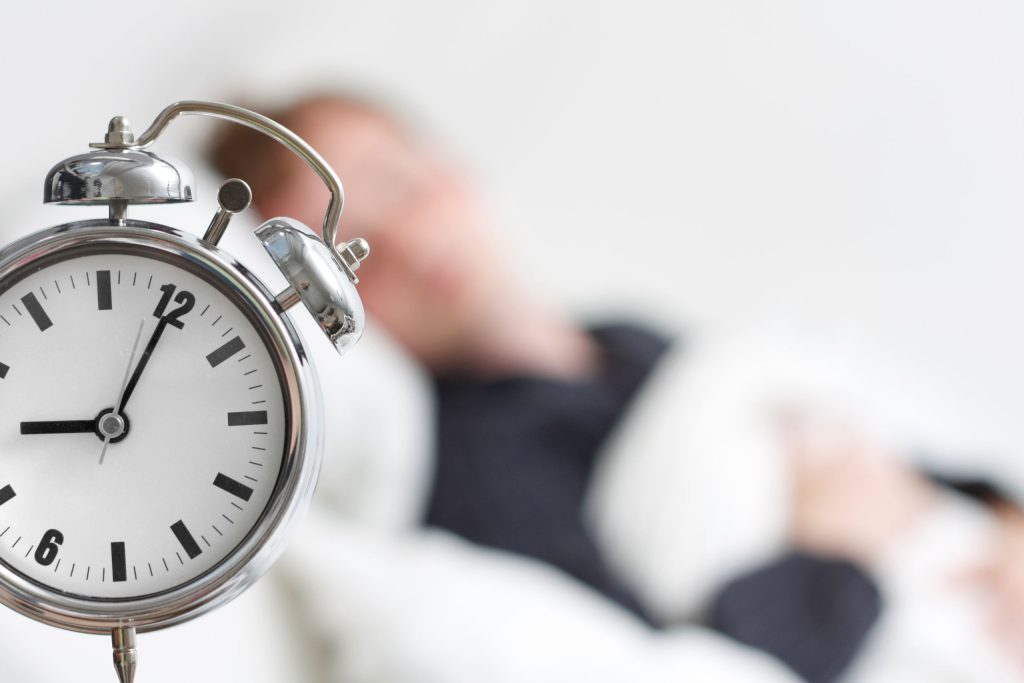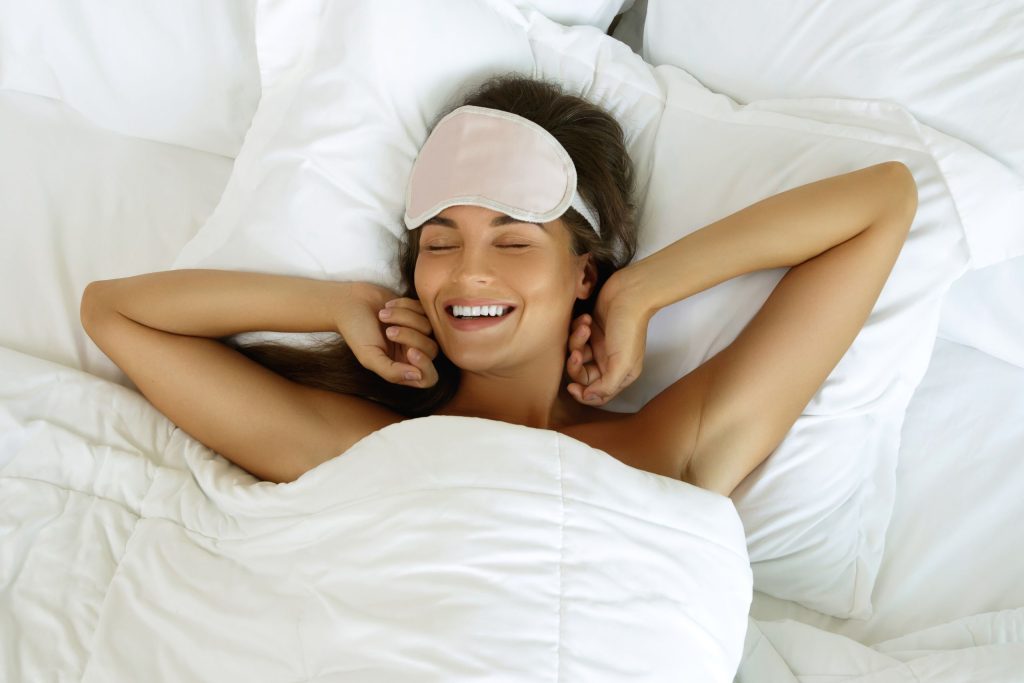Sleep Hygiene Tips: How To Improve Your Sleep Quality Naturally

From cognitive capacity to emotional well-being, proper sleep is fundamental for overall health and performance. Little or poor-quality sleep may lead to a range of health issues including memory problems, mood changes, and increased risk of chronic illnesses including obesity, diabetes, and heart disease. As professionals highlight, the best and natural approach to raise sleep quality is better sleeping hygiene. Sleep hygiene is a range of techniques and behaviors meant to provide regular, calm sleep, thus optimizing daily rest. This covers keeping consistent sleeping and waking hours, reducing stimulating activities just before bed, and creating a pleasant resting place. Anyone, regardless of age or health state, may engage proactive actions toward better sleep quality by giving sleep hygiene top attention, thus improving physical health and increasing daily productivity from all around. These techniques could help to open the path for better sleeping habits and a more active way of living.
Stick to a Consistent Sleep Schedule
One of the finest things you can do for your sleep quality is maintaining a regular routine. Your body settles into a routine when you go to bed and get up at the same time every day—even on weekends. This helps control your internal clock, which may facilitate sleep and wakefulness free from tiredness. Consider it like configuring your own natural alarm. Your body picks up timing for when to relax and when to shine!
If you have ever tried sleeping in on weekends, you may have found that it makes it more difficult to resume your weekly schedule. This is so because those extra sleep hours might upset the body’s usual routine. Regular routines assist you not only improve your sleep but also increase your overall mood and concentration all through the day. Thus, follow that regular sleep-wake routine; you will most likely find yourself feeling more energized and ready to manage anything comes your way.

Create a Relaxing Bedtime Routine
For quiet activities that indicate to your body when it’s time to relax and get ready for sleep, the latter half of the day is perfect. Imagine cuddling up with a good book or leisure audiobook. This short break from the daily grind gives your brain a chance to relax without being overstimulated by computers. If you want to do something more, try awareness or meditation. Deep breathing or guided meditation for just a few minutes before bed can help you relax and clear your mind.
A good bath may also assist your body signal when it’s time to unwind. Apart from relieving your muscles with the warm water, later on when your body cools, it tells your brain it’s time for sleep. Add this to low lighting and maybe some ambient sounds or quiet music to create a cozy environment promoting relaxation. Remember, the goal here is to welcome quietness and ease into a pleasant night; hence, take your time and value these quiet periods.
Optimize Your Sleep Environment
Keep your bedroom dark, cool, and quiet if you want the finest sleeping environment. Darkness tells us it’s time to relax and helps our bodies keep track of time. Curtains or a sleep mask that block out all light are the best ways to do this. A setting of 60 to 67°F (15 to 19°C) is ideal. The room should be cooler to help you fall asleep and stay asleep.
As little noise as possible is good because it can really make it hard to sleep. If you can’t get away from outside noise, you could use earplugs or a white noise machine to block it out. Investing on a comfy mattress and pillows is also very vital. While comfy pillows may keep your head and neck straight, a decent mattress supports your body and enables you to remain a peaceful posture all night. These changes can help you to be on your road to experience improved sleeping conditions!
Limit Exposure to Screens Before Bed
Reducing blue light exposure from electronics like TVs, laptops, and cellphones at least one hour before bed can help you sleep better. These devices’ blue light may disrupt the synthesis of melatonin, the hormone controlling your sleep-wake cycle. Late at night utilizing these devices causes contradictory messages to your body, which makes relaxation and sleep more challenging.
Just before bed, try browsing your phone or binge-watching your favorite show to substitute more subdued tasks. Consider reading a book, listening to comforting music, or even practicing some quick meditation. These leisure activities might help you to unwind and signal your brain when it is time for sleep. Avoid technology and support a peaceful evening routine to aid in your sleep and a good night.
Watch Your Diet and Caffeine Intake
Regarding having a good night’s sleep, your diet and beverage choices might significantly affect it. Keeping your sleep cycle under control mostly depends on avoiding big meals, coffee, and alcohol around bedtime. Eating a big dinner just before bed might create pain and can even aggravate acid reflux, which would make it difficult to relax. You should wait at least three hours between your last meal and going to bed. If you do this, you’ll sleep better and your body will break down food faster.
Coffee and booze may also make it hard to sleep. A nightcap might help you unwind, but it could also wake you up, especially during the important REM stage of sleep. At least ten hours before bed, try to stop off coffee to avoid it keeping you up later. Recall that a little dietary preparation goes a lot toward guaranteeing that you get deep, peaceful sleep. Therefore, control those late-night cocktails and food to probably wake up feeling more rested!

Final Thought
Natural sleep hygiene habits help to create better sleep patterns that might affect physical health, cognitive ability, and energy level; so, their use improves general well-being and sleep quality. Simple adjustments like a consistent sleep schedule, a calming bedtime ritual, and careful food and exercise choice may greatly help people’s capacity to fall and remain asleep. Moreover, giving proper sleep hygiene top priority not only solves daytime tiredness but also improves mental health, therefore enabling a more balanced and satisfying existence. Remember, even little, lasting adjustments may have a big impact; start now toward better sleep and release the advantages of peaceful evenings and energetic days!
